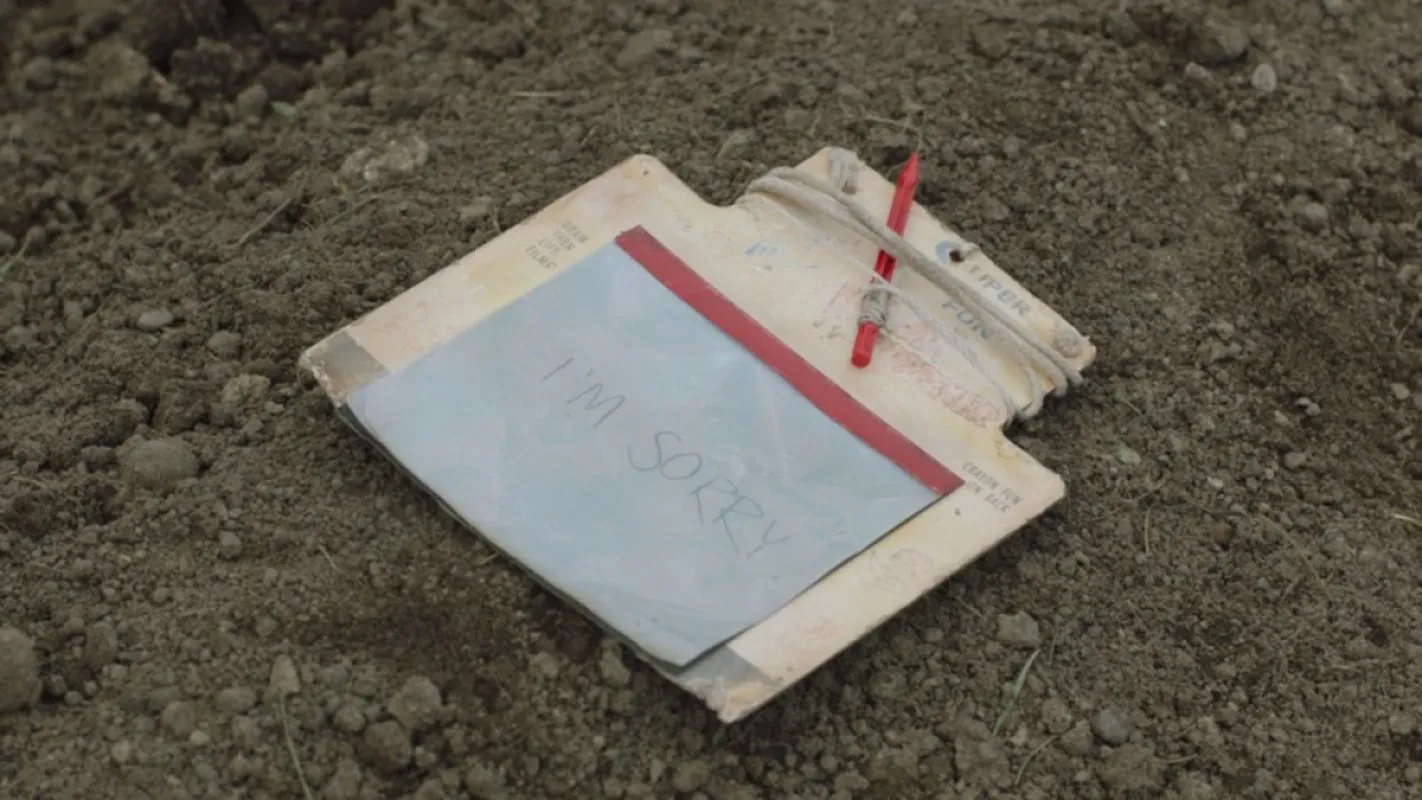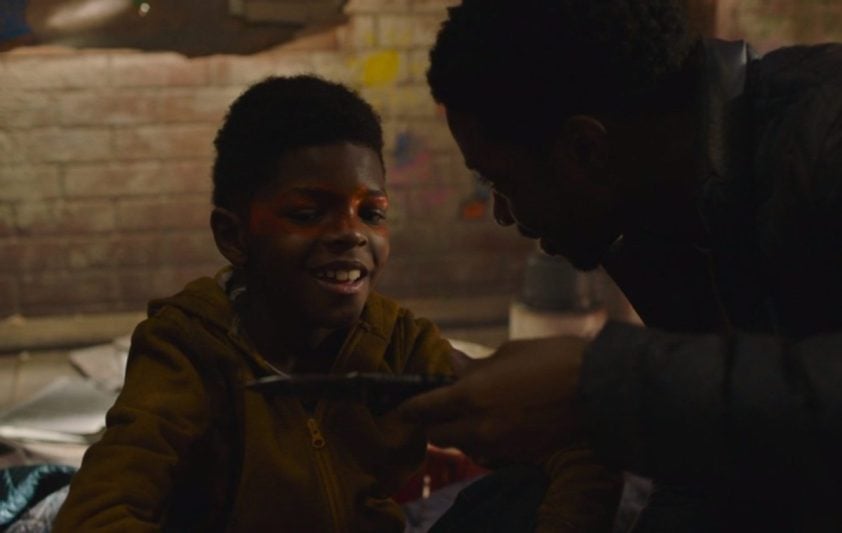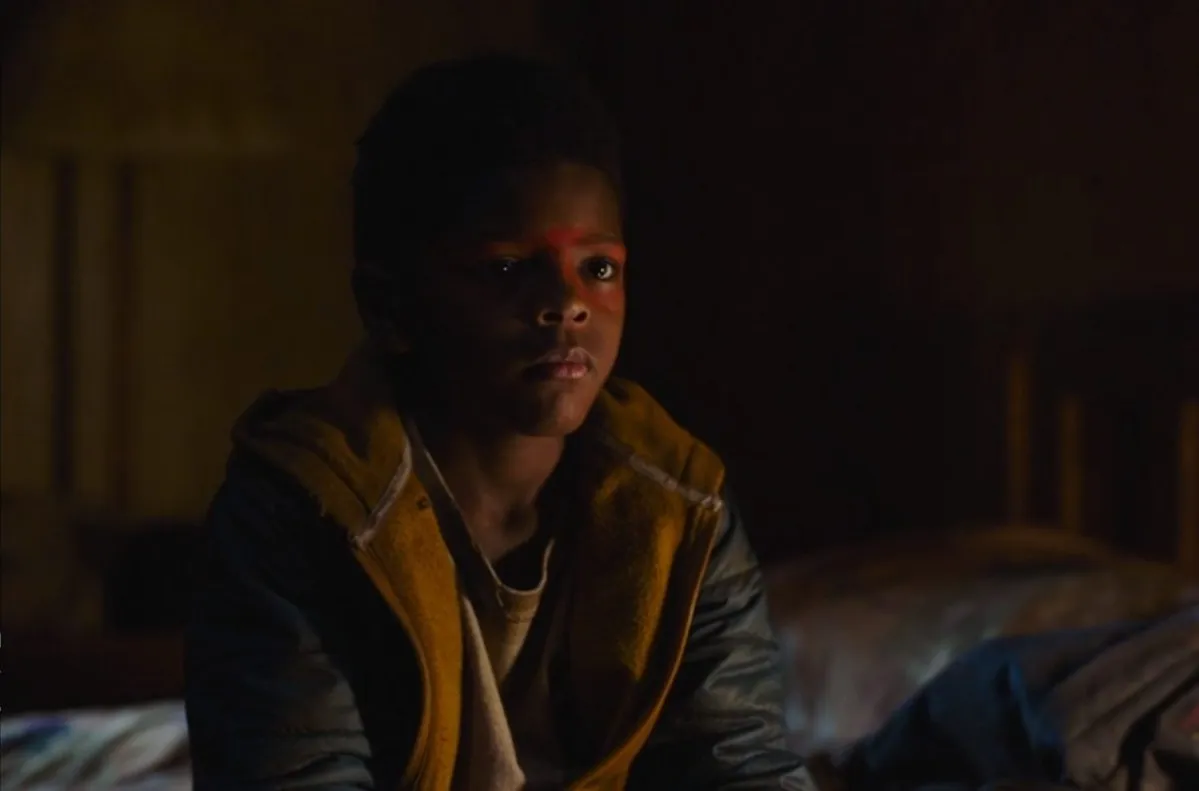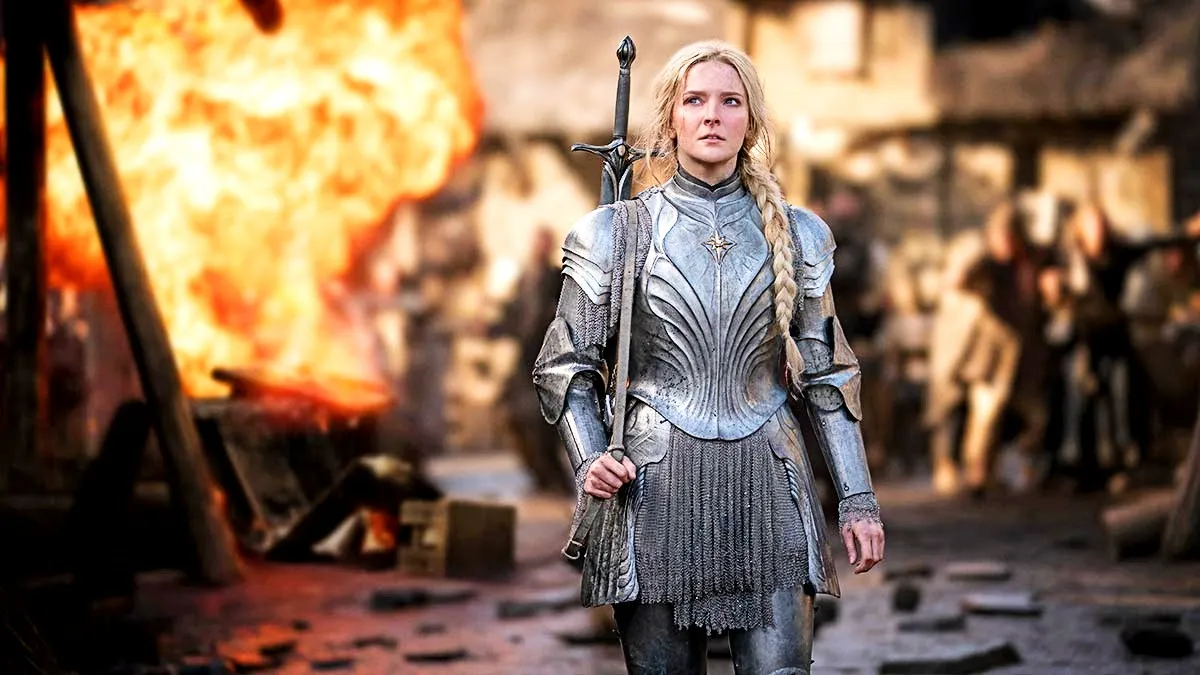Spoilers for The Last of Us Episode 5
Episode 5 of The Last of Us (“Endure and Survive”) on HBO was extra potent for several reasons, including the fact that the Bill and Frank story (“A Long, Long Time”) was just two entries earlier! We are still recovering from that particularly emotional toll, but this show leaves us almost no recovery time.
Beyond the emotional toll, the episode just featured a lot of everything we love about this show. From the exploration of how people survived over the past two decades (or didn’t), many more terrifying cordyceps (I’m not in this crowd), and amazing performances from everyone in this episode. This includes the introduction of Sam and Henry. A major departure from the shakey, at best, representation of disability in Episode 3, this story featured what’s been praised as an inclusive and positive representation of American Sign Language (ASL). Additionally, Sam is played by young, deaf actor Keivonn Woodard.
Henry (Lamar Johnson) and Sam serve as a sort of warning and mirror to Ellie and Joel. Henry will do anything to protect Sam, and Joel is starting to come to terms with this connection with Ellie. The directing and editing show the transition of Ellie grasping onto the childhood she is losing by becoming instantly close with Sam. Unfortunately, this is more like a twisted mirror like in a carnival fun house, meaning that where Ellie and Joel survive, Henry and Sam do not. After Sam is taken over by the infection and is put out of his misery, Henry loses all will to live.
The trope in Episode 5

Like in the game, Henry and Sam serve as a way to further erode Ellie’s innocence as she comes of age in a world colder to our own in some respects. Unfortunately, this also plays into the trope of a Black character serving as a plot device for the advancement of a white character. The idea of one character serving to move another character’s story along is common. The problem here is that this is a trope for handling Black characters. Sometimes this is so specific the character falls into a named version of this trope like the Magical Negro or mammy. However, those don’t apply here with Sam and Henry.
Either these characters were written with the race attributed after, or they were written as Black but without the insight/forethought as to what that may change. Not just how the characters interact but how they look in the wider (whiter) story. Because Chilean American actor Pedro Pascal plays Joel, it’s not as much of a one-to-one for him. It’s not worth splitting hairs about mestiza and proximity to whiteness when Pascal is not the focus. Ultimately, Ellie is still the main person served by this plot. Joel already knows the ruthlessness of the world. Henry, and especially Sam’s death, in the story was for Ellie.
I know this episode could’ve been so much worst. For example, the camera made sure to keep Henry’s fatal injury out of frame. This might have been just because there are limitations to showing child harm on screen (think of the dining room scene at the end of Ready or Not). Also, seeing this could have been more triggering than it already was to survivors of school shootings or for parents who’ve witnessed young Black death online or in-person.
In a better world

FYI there’s no (serious) call to recast these four. That’s not fair to anyone involved, and to not cast two of the few Black characters as another race would have presented its own issue. This is why color-conscious casting and writing (because they’re Black in the game) are more important than ‘color blind.’ Equally important is the writer’s room (stares at Bridgerton) and everyone up the ladder reflecting the diversity of the world they are portraying in this story.
To wish that we (people critical of the framing of this episode and Sam/Henry’s arc) could just forget the real world outside of the show would be to forget the many elements that influence the writers and the story. I can’t simply pretend like when this episode or show ends that I won’t turn on another show or movie and see it again and again.
It’s hard to seriously imagine a world where this wasn’t a problem because Hollywood and beyond refuse to make sustainable changes. However, this really feels like one of those few situations that it would have worked, but a larger world got in the way. Maybe I’m being too kind to the writers because I like so many elements of the show or the care given to Henry and Sam otherwise.
If so many Black characters weren’t always serving or written as sacrificial characters, this would stand out less. I don’t know, I may feel differently about it later, but I do know that I’ll never forget that uncomfortable feeling I got when the episode ended that super seceded my mourning of these characters.
(featured image: HBO)










Published: Feb 14, 2023 06:29 pm